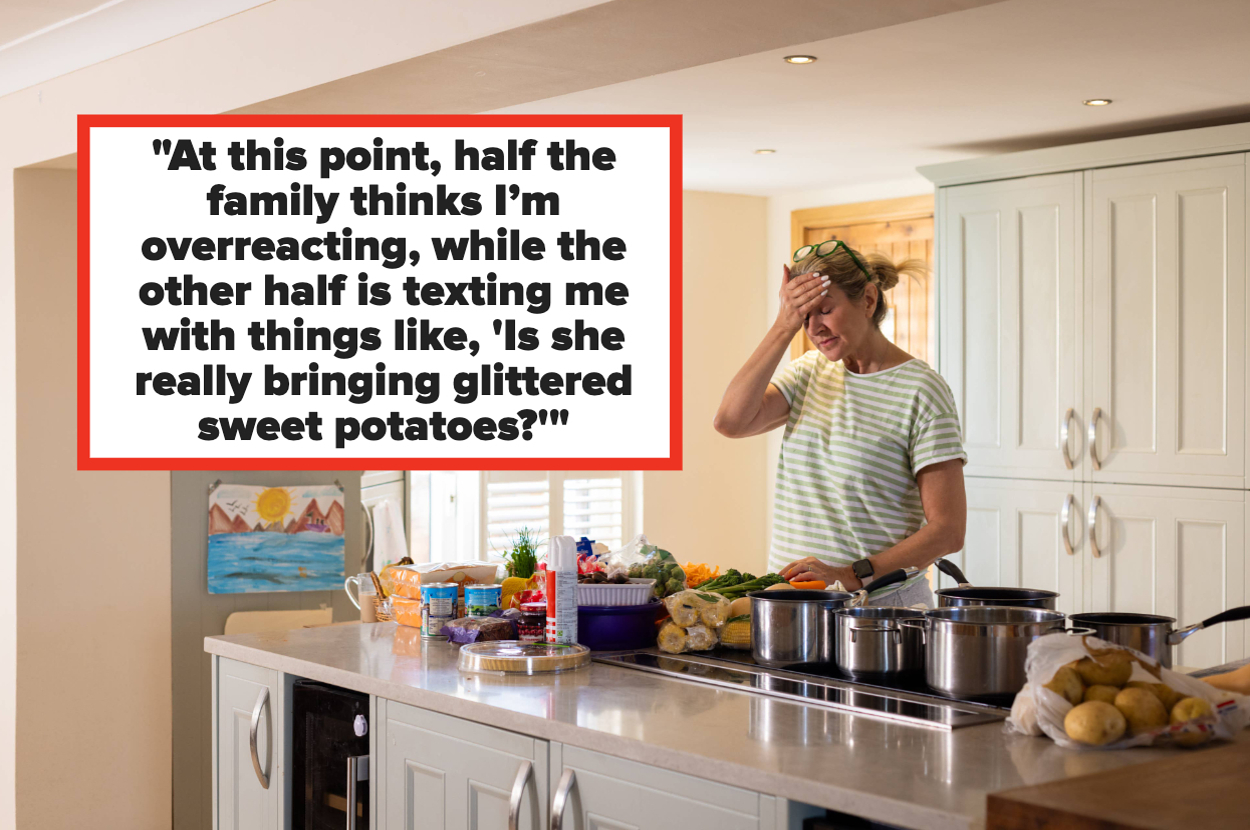Many people watch their sugar intake for various reasons. Some may have diabetes, and others want to improve their health. The important thing is to have all the information you need about how much sugar is in your food so you can make an informed decision.
A walk down the cereal aisle of any supermarket will demonstrate the myriad options consumers have when choosing a breakfast cereal. Some are clearly sugary, and some look like they could be healthy. There are many myths related to cereal , and it's easy to get confused.
Are sugar-free cereals actually healthier? There's no clear answer to that question. We all know too much sugar isn't healthy, but some sugar-free cereals have been sweetened artificially, and some of those sweeteners have been linked to health issues. Splenda can cause inflammation, and some studies have found a connection between artificial sweeteners and depression .
What's a person to do? Are there any healthy cereals? There's a reason they call products like Splenda and Nutrasweet "nonnutritive sweeteners." Like sugar, they have no nutritional benefits and could potentially cause ill effects, such as weight gain. According to the National Institutes of Health (NIH) , studies remain inconclusive about the safety of these products , and their advice for practitioners is to weigh the risks and benefits before advising their patients to use them.
It can be confusing to know what artificial sweeteners are in your food. For instance, Nutrasweet may be seen .


















